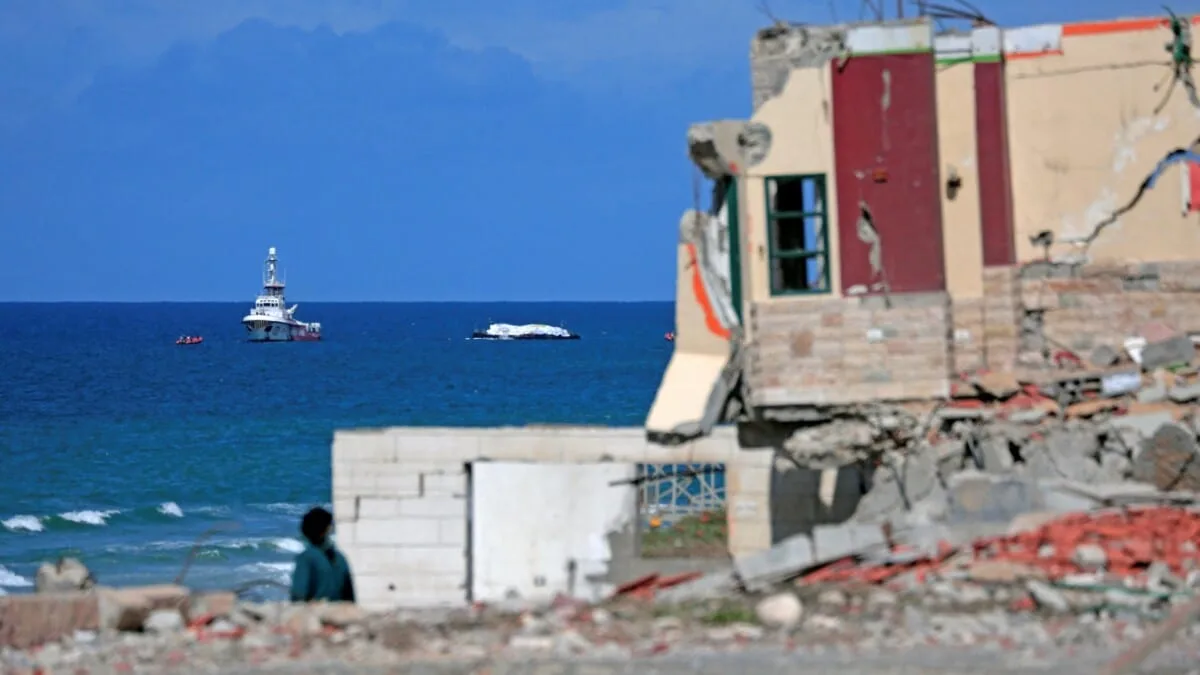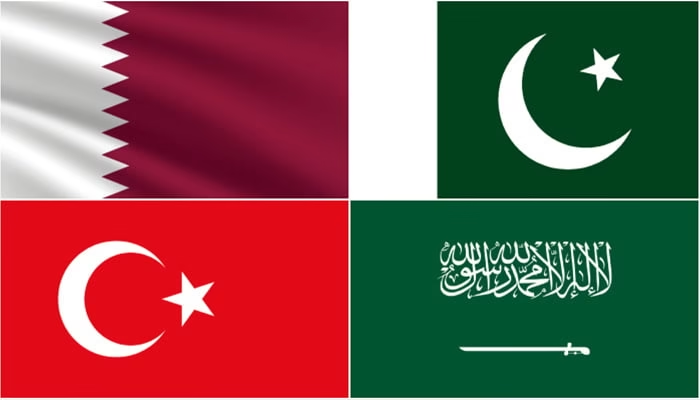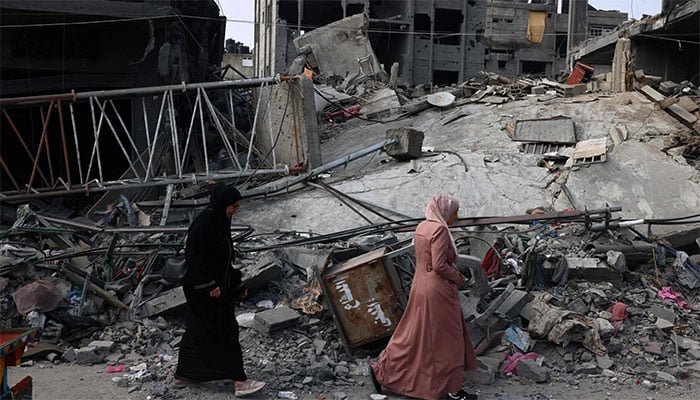A record 383 aid workers were killed in global hotspots in 2024, nearly half of them in Gaza during the Israel-Hamas war, the UN humanitarian office said on Tuesday on World Humanitarian Day. The figure marks the deadliest year for aid workers since records began in 1997.
UN humanitarian chief Tom Fletcher called the killings a “wake-up call” to protect civilians and aid workers.
“Attacks on this scale, with zero accountability, are a shameful indictment of international inaction and apathy,” Fletcher said. “We demand those with power act for humanity, protect civilians and aid workers, and hold perpetrators to account.”
The Aid Worker Security Database reported that killings rose from 293 in 2023 to 383 in 2024, including over 180 deaths in Gaza. Most victims were local staff working in their own communities, killed either on duty or at home.
The attacks also wounded 308 aid workers, while 125 were kidnapped and 45 detained. Overall, there were 599 major attacks last year, up sharply from 420 in 2023.
One of the deadliest assaults took place in Rafah, southern Gaza, on March 23, when Israeli troops opened fire before dawn on marked ambulances, killing 15 medics and responders. The troops then bulldozed the bodies and vehicles into a mass grave, which UN and rescue workers uncovered a week later.
Violence against aid workers rose in 21 countries in 2024, with government forces and their affiliates often identified as perpetrators. The Palestinian territories recorded the highest number of attacks (194), followed by Sudan (64), South Sudan (47), Nigeria (31), and Congo (27).
In terms of deaths, Sudan was second to Gaza, with 60 aid workers killed—more than double the 25 deaths in 2023. Lebanon, hit by conflict between Israel and Hezbollah, saw 20 aid workers killed, compared with none the previous year. Deaths also doubled in Ethiopia (14), Syria (14), and Ukraine (13).
“Even one attack against a humanitarian colleague is an attack on all of us and the people we serve,” Fletcher stressed. “Violence against aid workers is not inevitable. It must end.”



